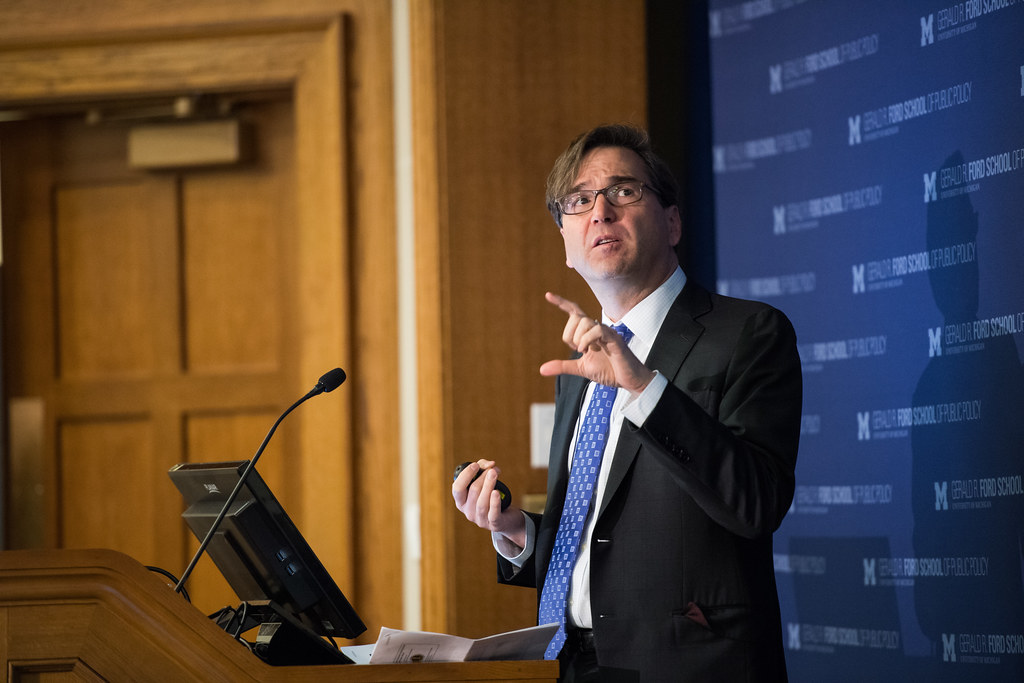In a recent piece from The New York Times, the supposed journalistic flagship has, once again, shown that it simply does not care about accurately representing the economy.
Let’s start with how the Times characterizes supporters of Harris’s proposed crackdown on corporate price gouging: “progressive groups.” Here’s that passage:
“That message polls well with swing voters. It has been embraced by progressive groups, which regularly point to price gouging as a driver of rapid inflation, or at least something that contributes to rapid price increases. Those groups cheered the announcement late Wednesday that Ms. Harris would call for a federal ban on corporate price gouging on groceries in an economic policy speech on Friday.”
Now, there’s nothing inherently wrong with that, until we get to the first introduction of the contrary view:
“Economists have cited a range of forces for pushing up prices in the recovery from the pandemic recession, including snarled supply chains, a sudden shift in consumer buying patterns, and the increased customer demand fueled by stimulus from the government and low rates from the Federal Reserve. Most economists say those forces are far more responsible than corporate behavior for the rise in prices in that period.”
They don’t say “most economists” or “many economists.” They simply say “economists.” This creates a false dichotomy where you have economics professionals against progressive advocacy groups. Groups who—by the way—often include economists!
Also, note that they give absolutely no evidence at all for how they figured out what “most economists say,” despite it being a critical juncture for the rest of the piece.
I’ve written before about the media’s false representation of economists, which always makes sure to include people like Jason Furman (he’s quoted in the piece we’re talking about!) but never seems to include anyone with an unorthodox position.
Even when the piece mentions Isabella Weber, who they correctly identify as an economist, it doesn’t solve the issue, it just reads that she’s an economist going against the rest of the field.
The way that the piece cites Furman is also important. He is simply pointed to a Harvard economist and Obama alum. Those are both true, but he’s also actively opposed the Democratic party more recently and is well to the right of economics as a field. His grandfather also founded RD Management Corporation, “one of the nation’s largest privately held real estate development and management organizations.” His dad led RD Management’s affiliate operations – so perhaps Furman’s ties to a sector (real estate) that might oppose Harris’ housing policies ought to be noted?
Not to mention that Furman has an ax to grind because he doesn’t think anyone aside from him and his fellow Rubinites is fit to direct economic policy.
As I put it nearly two years ago, “it is irresponsible to tacitly confine the field of economics to the domain of a few center-right guys” like Jason Furman. Jason Furman is an, um, unique figure and implicitly aligning him with economists writ large creates the impression that Weber and other unorthodox thinkers are exogenous to the field.
PHOTO CREDIT: “Jason Furman, Chair of the Council of Economic Advisers” by University of Michigan’s Ford School is licensed under CC BY-ND 2.0.

